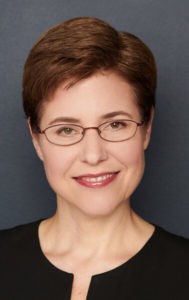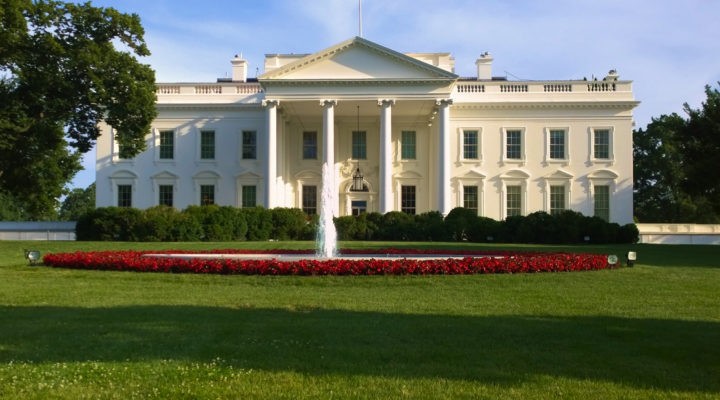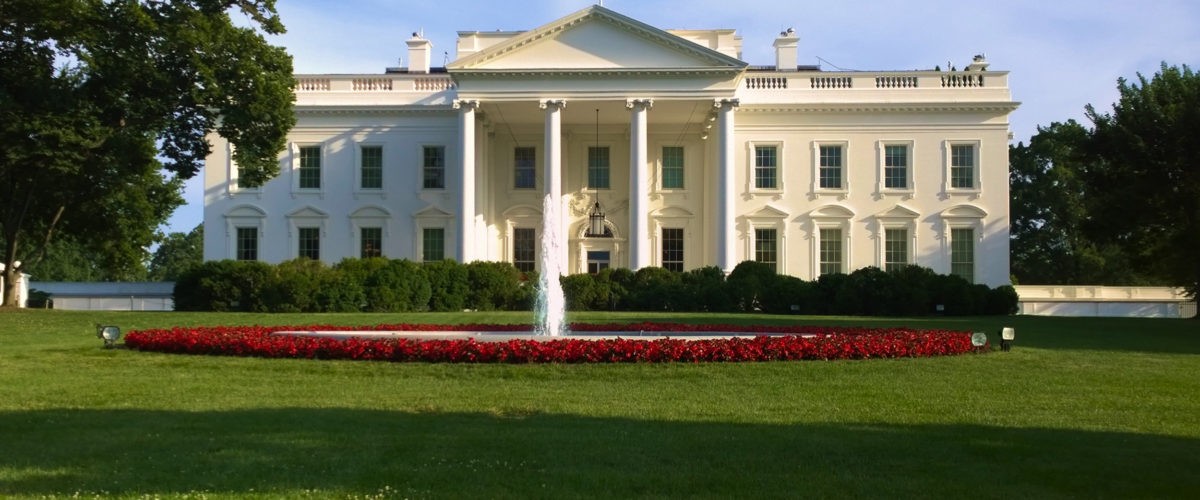A familiar face to Baptist religious liberty advocates has been named to lead the newly reconstituted White House Office of Faith-based and Neighborhood Partnerships.
Melissa Rogers will lead the office, an appointment announced by President Joe Biden on Sunday morning, Feb. 14. Rogers is a former general counsel for the Baptist Joint Committee for Religious Liberty and previously led the same White House office in the Obama administration.

Melissa Rogers
Although creation of the office by President George W. Bush in 2001 was controversial with church-state separationists, the purpose of the office shifted somewhat in the Obama administration, when an advisory council was created that included both religionists and secularists. The office was not staffed during the Trump administration. Instead, the Trump administration created its own Faith and Opportunity Initiative, a White House office to help faith-based organizations “get equal access to government funding.”
Biden reestablished the Faith-based and Neighborhood Partnerships office with an executive order, saying the office will “promote partnerships with religious and secular organizations.”
A White House statement quoted Bush saying government cannot be replaced by the efforts of religious and other community organizations, but government “can and should welcome (them) as partners.”
“At a time of great challenge and opportunity, the Biden-Harris administration is re-launching this bipartisan initiative,” the statement explained. “The Partnerships Office’s initial work will include collaborating with civil society to address the COVID-19 pandemic and boost economic recovery; combat systemic racism; increase opportunity and mobility for historically disadvantaged communities; and strengthen pluralism. The office will also support agency partnerships that advance the United States government’s diplomatic, international development and humanitarian work around the world.”
Biden said: “I’m reestablishing the White House Office of Faith-Based and Neighborhood Partnerships to work with leaders of different faiths and backgrounds who are the frontlines of their communities in crisis and who can help us heal, unite and rebuild. We still have many difficult nights to endure. But we will get through them together and with faith guiding us through the darkness and into the light.”
BJC Executive Director Amanda Tyler praised Rogers’ selection for this role and the administration’s “commitment to religious freedom for all in our pluralistic society.”
“Melissa Rogers has the expertise and experience necessary to lead the re-established (office) at a crucial time when our country is facing multiple crises,”
“Melissa Rogers has the expertise and experience necessary to lead the re-established (office) at a crucial time when our country is facing multiple crises,” Tyler said. “Her appointment to the Domestic Policy Council also shows that the administration recognizes the complexity and intersection of religious freedom concerns across a number of domestic policy issues.”
Rogers is a Baptist who graduated from Baylor University before earning a law degree at the University of Pennsylvania. Associated Baptist Press (predecessor to Baptist News Global) honored her in 2011 with its 13th Religious Freedom Award, established in 1994 to honor individuals who advance the principles and practice of religious liberty. Baylor University awarded her its Pro Texana Medal of Service, the First Freedom Center gave Rogers its Virginia First Freedom Award, and BJC gave her its J.M. Dawson Religious Liberty Award.
She twice has served on faculty at Wake Forest University Divinity School, where she previously led the Center for Religion and Public Affairs. She currently is a visiting professor at the divinity school.
Rogers also previously served as a senior fellow at the Brookings Institution and as head of the Pew Forum on Religion and Public Life. She is author of Religious Freedom and the Supreme Court, published by Baylor University Press.
In 2010, Rogers led a group of religious and civil rights leaders in drafting Religious Expression in American Public Life: A Joint Statement of Current Law, a document outlining points of agreement with the law of church and state as it applies to religious expression in the public square.
In a sign of how this office has shifted to accommodate earlier concerns about church-state separation, the Feb. 14 announcement from the White House explained that a “key commitment” of the office will be “embracing pluralism.”
“At its best, the United States is not only a country with remarkable peace across our religious differences, it is a nation where people of diverse faiths and beliefs regularly make common cause,” the White House news office said. “When Methodists and Muslims, Buddhists and Baptists, Sikhs and secular humanists serve together, we strengthen one another, and partnerships will also serve people around the world.”
Biden’s executive order notes the need to respect “our cherished guarantees of church-state separation and freedom for people of all faiths and none.” The White House said the office “will not prefer one faith over another or favor religious over secular organizations. Instead, it will work with every willing partner to promote the common good, including those who have differences with the administration.”
Josh Dickson, White House senior advisor for public engagement, will serve as the office’s deputy director. He previously served as national faith engagement director in the Biden campaign and was director of the Center for Faith-Based and Neighborhood Partnerships at the Department of Commerce during the Obama administration.
Trey Baker, who previously served as national director of African American engagement for the Biden campaign and is currently a White House senior advisor for public engagement, will serve as the office’s liaison to Black communities, including Black faith communities.


